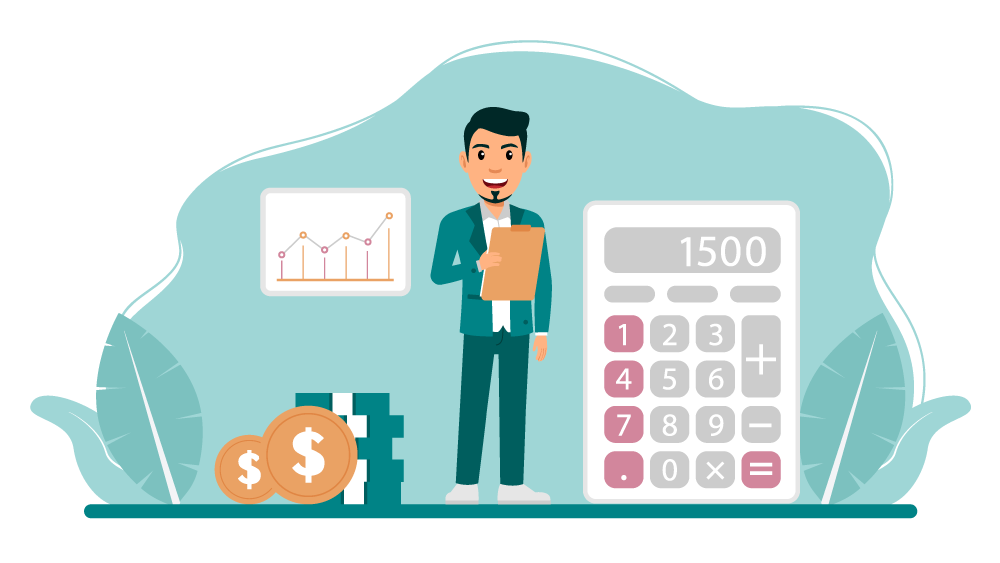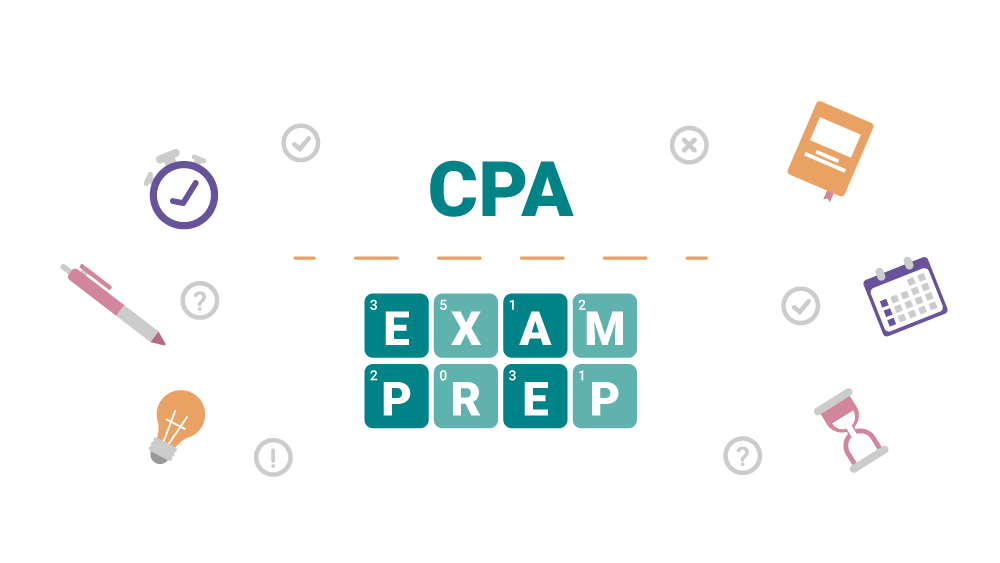If you’re considering a career as a CPA, you probably want to know what a CPA does. If you love working with numbers and you’re very detail-oriented, this might be the right career for you.
Accounting is vital to many businesses. As a CPA, you can work for a company or yourself. Businesses have to pay bills, handle taxes, and deal with accounts receivable. As a business owner, you might not have the time to handle the accounting. With a CPA, this task is taken off the shoulders of the business owner.
While a small business owner might not need an accountant, larger businesses will. It’s pretty easy to see if you’re making a profit if you’re simply selling a product for more than you pay for it. However, as a business grows, it will get more complicated. There will be sales tax, payroll, insurance, and other things to deal with. This is where a CPA will come in.

What is a CPA?
A CPA is a Certified Public Accountant. They handle all the math tasks for a business. As a CPA, you will handle financial planning, bookkeeping, and preparing different financial documents. This is someone that meets the experience and educational requirements of the state they reside in. They will need to pass the Uniform CPA Exam within the state.
While all CPAs are accountants, you don’t have to become a CPA to be an accountant. A Certified Public Accountant won’t make business decisions for business owners. However, they handle your taxes and other accounting tasks. They can also offer good advice when it comes to making the right decisions for the business.
What does a CPA do?
One of the most important duties of a CPA is preparing and filing business taxes. This is the main task, but they will also provide other services to businesses, including:
- Audit Services – This isn’t the same as an IRS audit. This type of service can help a business avoid getting audited by the IRS. A CPA can provide an unbiased report to ensure things are in good order.
- Consulting Services – They can advise on budgeting, financial planning, cash management, insurance, and anything else having to do with money.
- Assurance Services – Businesses need a CPA to gather relevant information for decision-makers. When a business needs to make a big decision, this type of service can be very helpful.
- Tax Planning and Advice – If a business has an issue or is going through an audit, a CPA can provide representation in front of the IRS. They can answer questions for the state or local tax board and give advice to the business owner.
- Forensic Accounting Services – This can also be called fraud auditing or investigative accounting. As a CPA, you can go through the books and see if any evidence of criminal conduct is found. This could include tax evasion or embezzlement.
There are many things a CPA can do to ensure a business runs smoothly. While tax returns are the main thing they deal with, they can provide many other services for businesses.
Responsibilities and Roles of a CPA
CPAs will fulfill many roles in larger companies. They can become trusted advisors and can work in many different positions. Some of the most common job titles CPAs take on include:
- Bookkeepers – As a bookkeeper, a CPA can help collect accounts receivable and handle invoices. They can deal with paying vendors and making sure all the bills get paid for the company. Many CPAs make excellent bookkeepers for small and large companies.
- Tax Filer – Of course, a CPA can work as a tax filer. They can file an extension when necessary and help to ensure the quarterly taxes are filed on time. Working as a tax filer, a CPA can help ensure a company doesn’t have to pay late fees or penalties. They can also help ensure tax issues don’t sneak up on a business.
- Payroll Administrators – Payroll is a huge deal, especially to your employees. CPAs can work as payroll administrators for companies and keep things moving correctly. They can help ensure workers are paid on time. Also, they can help to ensure payroll taxes are paid, retirement withholdings are deducted properly, and insurance is handled correctly. You will also make sure profit-sharing is disbursed, and reimbursements are handled if you work as a payroll administrator.
- Long-Term Planners – They can work as long-term planners by looking at the long-range financial goals of the company. As a CPA, you’ll be able to help a company plan for the future when it comes to its finances.
Along with these job titles, CPAs can work as any of the following:
- Chief Financial Officer
- Tax Accountant
- Financial Consultant
- Senior Manager of Finance
- Controller
- Auditor
These are very common job opportunities for Certified Public Accountants to consider after gaining the right training and education.
Education and Training to Become a CPA
Before you can become a CPA, you’ll need a bachelor’s degree. Usually, this degree should be in accounting. It’s common for CPAs to get a master’s degree in business administration or accounting.
After you get the right education, you’ll need to pass the CPA license exam. This is a huge deal, and you cannot practice as a Certified Public Accountant without passing the license test.
The qualifications in one state may be a little different compared to another. All states will require you to pass the CPA license test, however. It’s a good idea to use a CPA exam prep course to ensure you pass the exam the first time. With the right prep course, you’ll be fully prepared for the test.
The CPA exam will cover many different topics. It’s split into four sections: Auditing, Business concepts, Regulations, and Financial reporting and accounting. You will need to complete 150 semester hours of accounting education before you’ll be eligible to take the exam.
Most states use the exam from the National Association of State Boards of Accountancy or the NASBA.
Frequently Asked Questions About CPAs
How long will it take to become a CPA?
It starts with a four-year undergraduate degree, but you won’t be done after getting your bachelor’s degree. You will need to complete an additional 30 credit hours over the next year. Most states will also require two years of work experience before taking the CPA license exam.
Most of the time, it takes around 7 years to become a CPA. It can take longer if you work part-time to gain your work experience.
What’s the difference between a CPA and an accountant?
An accountant will hold a bachelor’s degree in accounting. Becoming a CPA will require you to go further, however. You will need to complete additional credit hours and the right work experience. It’s also necessary to pass the Uniform CPA Exam.
While an accountant career can be rewarding, you will gain access to more job opportunities and a higher salary if you become a Certified Public Accountant. CPAs are accountants, but accountants are not CPAs.
What type of skills does a CPA need?
CPAs need the right skills, or they probably won’t make it through the education or training necessary. If you want to enter into a career as a CPA, analytical skills, along with organizational skills, are necessary. It’s also good to have strong communication skills and be detail-oriented.
CPAs should be able to discern issues before they impact the bottom line of a company. It’s also necessary to have good people skills to work as a CPA.
Where do CPAs work?
It’s common for CPAs to work for themselves in an office. Many Certified Public Accountants are self-employed and take care of multiple clients. However, they can also work for public accounting firms. They can work for larger companies in the accounting department as well.
As a CPA, you will be working a desk job. It’s rather common to do the work on your own. However, if you work for yourself, you’ll interact with clients. Even working for someone else, you may interact with clients and with your team.
How much does a CPA make?
CPAs earn between $40K and $150K per year, depending on their experience and training.





